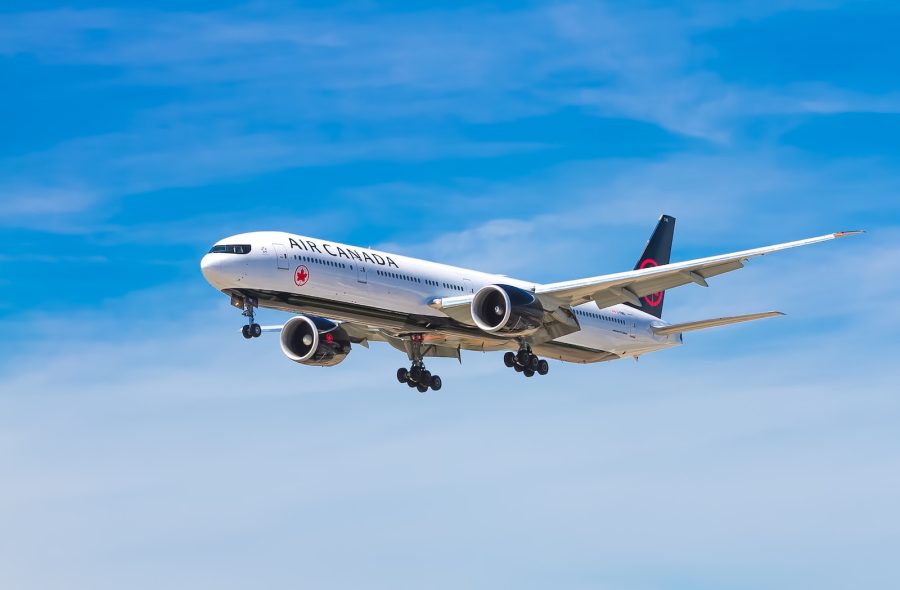With the current situation in Sudan having caused thousands of British nationals to be stranded in the country, Towergate Health & Protection is urging employers to ensure they have a security evacuation plan in place for all overseas employees working in all countries around the world.
Sudan is a worrying and extreme example of the issues that can affect an employee abroad. While it would be hoped that few employees would be caught up in this level of security risk, the recent pension reform protests in France, and electoral reform protests in Mexico, for example, show that every country carries some level of risk. Towergate Health & Protection is appealing to employers to make sure they have a security evacuation plan to support any and all employees abroad, wherever they are based.
Sarah Dennis, head of international at Towergate Health & Protection, says:
It is vital that employers work with international specialists to provide not only health and wellbeing support for overseas employees but also access to emergency assistance in cases of civil unrest, kidnap and ransom, and if there is a need for evacuation or repatriation.
Sarah Dennis, head of international at Towergate Health & Protection
There are key areas that employers should consider:
Preparation
Make the most of the knowledge of specialists, particularly those with local expertise, to assist with detailed emergency action and evacuation planning. An evacuation strategy should be put in place, regardless of how safe the country may seem at the time. It is vital to ensure that everyone is aware of the plan and where to find details if needed.
Monitoring
Local specialists and contacts can help to provide information and analysis of a changing situation in a given region, often ahead of any details provided on government websites. There are now also apps available to provide risk-level ratings and emergency alerts, which could be a vital form of communication in difficult times.
Support
Security evacuation support may include advice and assistance from specialists like nurses, physicians, and former military special operations personnel. It can offer travel assistance and help if documents are unavailable due to a swift exit from the area. There are also experts who can provide decision analysis services and support.
Response
Comprehensive support can include deployable medical personnel and specialist evacuation experts. Evacuations, extractions, and repatriation can be rapidly arranged to bring employees and their families to safety.
Sarah Dennis concludes:
Our thoughts are with everyone caught up in the situation in Sudan and still trying to get home. The situation shows how quickly things can change, and being prepared is vital in supporting the safety of employees.
Workplace Wellbeing Professional is an online magazine featuring news and analysis on a broad range of employee wellbeing topics, focused on a UK based audience.


